What Is Fiber WiFi? Is Fiber Internet Fast Enough? [Explained]
Choosing an Internet service provider (ISP) might sound quite simple.
However, it can be so uneasy for many people to pick the right ISP, especially when there are more and more providers offering a lot of service packages out there. Read on to learn easy tips on how to pick a good ISP.
But first, let’s spend a minute learning “what is fiber Internet” and “what is fiber WiFi.” As you may notice, fiber-optic Internet has been an increasingly popular Internet connection type these days.
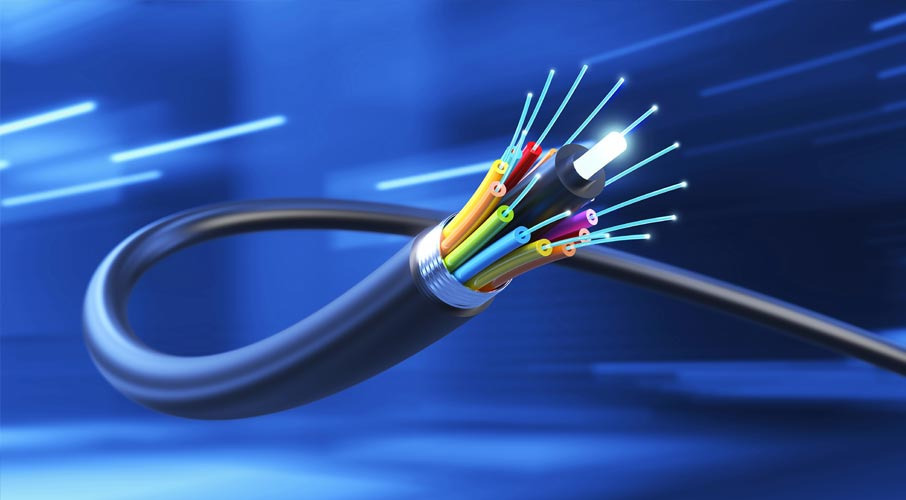
Fiber WiFi explained
What is fiber internet?
Fiber Internet, or fiber-optic Internet, is a broadband connection that can deliver speeds of as fast as 2,000 Mbps (2 Gbps) with low lag time.
However, as per CNET, Internet users are likely to find max download speeds of around 1Gbps (1,000 Mbps) from most fiber-optic Internet providers. Notably, upload speeds are also a lot faster with fiber-optic service.
Of course, in addition to fiber-optic service, Internet users have other Internet connection types to choose from, such as cable Internet, DSL (digital subscriber line) Internet, satellite Internet, and others.
.jpg)
Fiber internet
You also may be interested in wifi definition, read other articles:
How does fiber WiFi work?
Digital light pulses are sent down these optical cables and received at the other end to power fiber optic Internet. After that, this data is transformed once more into electrical impulses that may be understood by your computer or other device.
Because the cables are made from glass, external sources like electricity lines cannot interfere with them when placed close to one another.
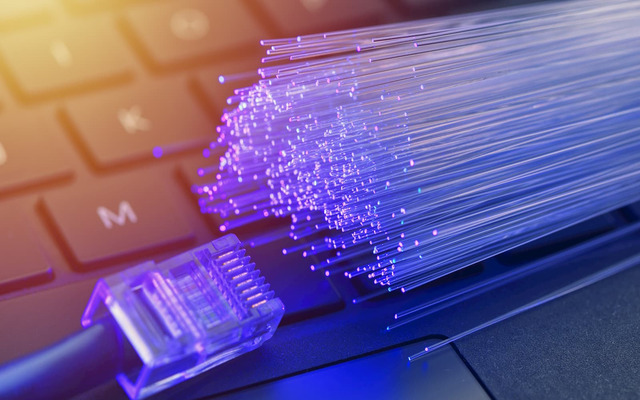
How fiber Internet works
Who is fiber Internet best for?
The majority of today's bandwidth-intensive applications, such as online gaming, videoconferencing, streaming HD and UHD TV shows and movies, uploading and downloading big files, and remote working, are best served by fiber Internet.
Look at this infographic for more details:
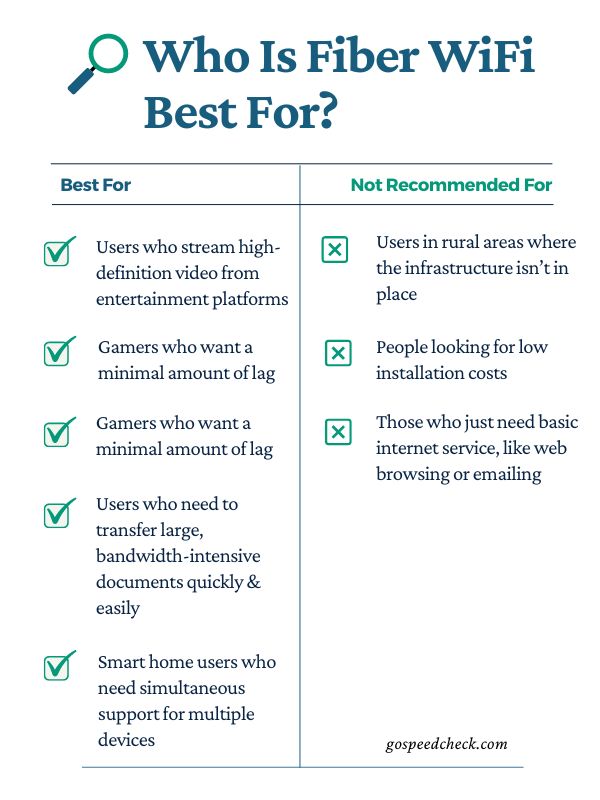
Who should use the Fiber Internet?
How fast is the fiber Internet?
The Internet service provider, the fiber optic plan that is being offered, and the user's location all affect the download and upload speeds.
But symmetrical speeds—download and upload rates that are often equal or extremely similar to one another—are a feature of fiber Internet.
It is as opposed to some other Internet connection types, like cable, which might have asymmetrical speeds (faster download speeds compared to upload speeds).
The following table shows how fast fiber Internet connection is based on typical file types and sizes from the Apple.com website. Check the approximate download times against typical broadband speeds for movies, music, videos, TV series, and audiobooks.
|
Length & type of media |
Size |
1 Mbps |
5 Mbps |
10 Mbps |
20 Mbps |
100 Mbps |
1000 Mbps |
|
4-minute song |
4 MB |
30s |
5s |
3s |
1.5s |
0.3s |
0.03s |
|
5-minute video |
30 MB |
3m |
40s |
26s |
13s |
2.5s |
0.2s |
|
9-hour audiobook |
110 MB |
10m |
2m |
1.5m |
46s |
9.2s |
0.9s |
|
45-minute TV show |
200 MB |
20m |
5m |
3m |
1.5m |
16s |
1.7s |
|
45-minute HDTV show |
600 MB |
1h |
15m |
8.5m |
4m |
50s |
5s |
|
2-hour movie |
1.0-1.5 GB |
2h |
24m |
21.5m |
10.5m |
1.5m |
8s |
|
2-hour HD movie |
3.0-4.5 GB |
6h |
72m |
60m |
32m |
4.5m |
25s |
How to choose the right Internet provider?
To be honest, there is a wide range of variables involved in selecting an ISP and Internet packages. They include Internet speed, reliability, cost, type of connection, customer service, and more. So, it’s safe to say that choosing an ISP is not simple for sure.
So, what should we do to choose the right ISP? If you are also looking for the answer to this question, keep scrolling down as right below are a few basic things you should consider to opt for a good ISP. Let’s see what they are now!
Understand your speed needs
First of all, it's best to figure out what Internet speed or, more precisely, Internet bandwidth you need so that you can choose the appropriate level of service and the right connection type.
Regarding bandwidth, it's the maximum rate of data (commonly measured in Mbps - Megabits per second) that can be transmitted over an Internet connection. So, the more devices connected to the network at once and the heavier the online activities they typically do, the more bandwidth and higher speed you will need.
.jpg)
Internet bandwidth
Of course, almost every Internet user wants a fast Internet connection. But, it's also not wise to choose an unnecessarily too fast connection or unlimited high-speed Internet plans that will make you end up paying too much for Internet bandwidth you won't use.
The most important thing here is to understand your needs so that you can choose an appropriate plan with upload and download speeds that suit your demands. To do so, it’s a good idea to ask yourself the following questions when evaluating your Internet speed needs.
-
How often do you and/or members in your household stream shows or movie?
Streaming video in 1080p requires around 5Mbps for good performance, while 4K resolution will need at least 25 Mbps of download speeds.
-
How many people/devices stream and download data using the same connection regularly?
The more users and devices using your network at a time, the more internet bandwidth it takes up.
-
How many smart home devices and appliances use your network?
Smart home devices, especially ones continuously uploading data like Bluetooth security cameras, can eat up your bandwidth real quick.
-
Others
There might be other questions that you should also ask yourself, such as what type of connection you want to use, do you look for low latency, etc.
.jpg)
It's also necessary to know if there are a lot of ISP choices in your place
Find ISPs in your area
After thinking about your speed needs, the next step is to find ISPs available in your area. There are two reasons to do so:
- Not every ISP is available in every area. Since coverage areas differ from ISP to ISP, it's necessary to know if there are a lot of ISP choices in your place.
- Speeds, prices, package lineups, and special offers also vary from place to place. What you see advertised online might not necessarily be what you can get. So, it's always better to check the availability of a package in your location before deciding it is the one for you. Besides, along the same lines, many ISPs offer different pricing structures for different places.
You can check out sites like inmyarea.com or broadbandnow.com to have an idea of which ISPs serve your area.
.jpg)
ISPs’customer satisfaction rate and reliability are important, too
Compare service quality, pricing, packages, speeds, and others
What you want from an internet plan is not only adequate speeds, a reasonable price, and a sufficient monthly data limit, but also dependable service, don't you?
So, after identifying which ISPs are available in your areas, compare their offers and other aspects to see which best fits your needs. Every ISP has its specialties. Comparing helps select one coinciding with what you need the most. Following are several important factors to consider and compare between ISPs:
- Plans and pricing
- Speeds
- Reliability
- Customer satisfaction ratings
- Installation and equipment costs
- Data caps and overage fees
Some ISPs deliver ultra-fast internet speeds, while others offer more straightforward plans that are more affordable. Many ISPs impose data caps that limit the amount of data users can use each month - even though some of them offer unlimited data. Of course, ISPs also vary in terms of things like customer service and reliability as well as promotions and discounts. Comparing these factors will help you find an appropriate ISP and the right internet package.
.jpg)
Good internet connection
Other things to consider
Along with the factors mentioned above, there are other ones to consider when selecting an ISP and a package. Depending on the needs of each user, connection type (fiber, cable, satellite, etc), bundling, add-ons, security, and so on are essential aspects to consider, too.
What is fiber WiFi? Good tips for choosing the right ISP: Bottom line
Now you know what is fiber WiFi, right? And as you can see, it’s not easy at all to choose an ISP. But with a few basic tips on selecting ISP and the internet package included in this article, we hope that you will be able to pick your right ISP more easily. The next posts will be about “what is WiFi 6 and do I need it” and “what is the difference between 2.4 and 5GHz WiFi;” let’s check them out right now! Don’t forget to run a WiFi speed test whenever you want to measure how fast your connection is.
.jpg)
![What is GHz WiFi? Difference between 2.4 GHz vs. 5 GHz [Detailed]](https://gospeedcheck.com/filemanager/data-images/imgs/20240604/what-is-GHz-wifi%20(1).jpg)
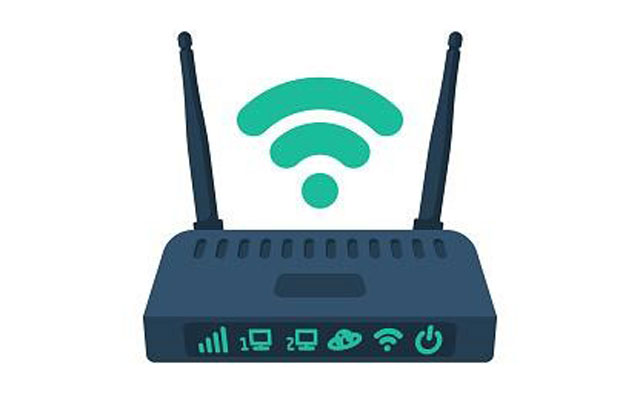
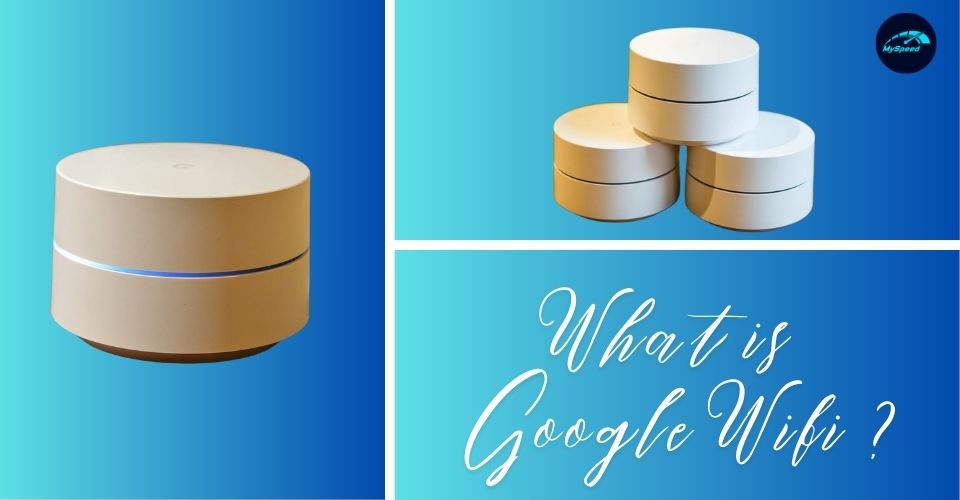


0 Comments
Leave a Comment
Your email address will not be published. Required fields are marked *